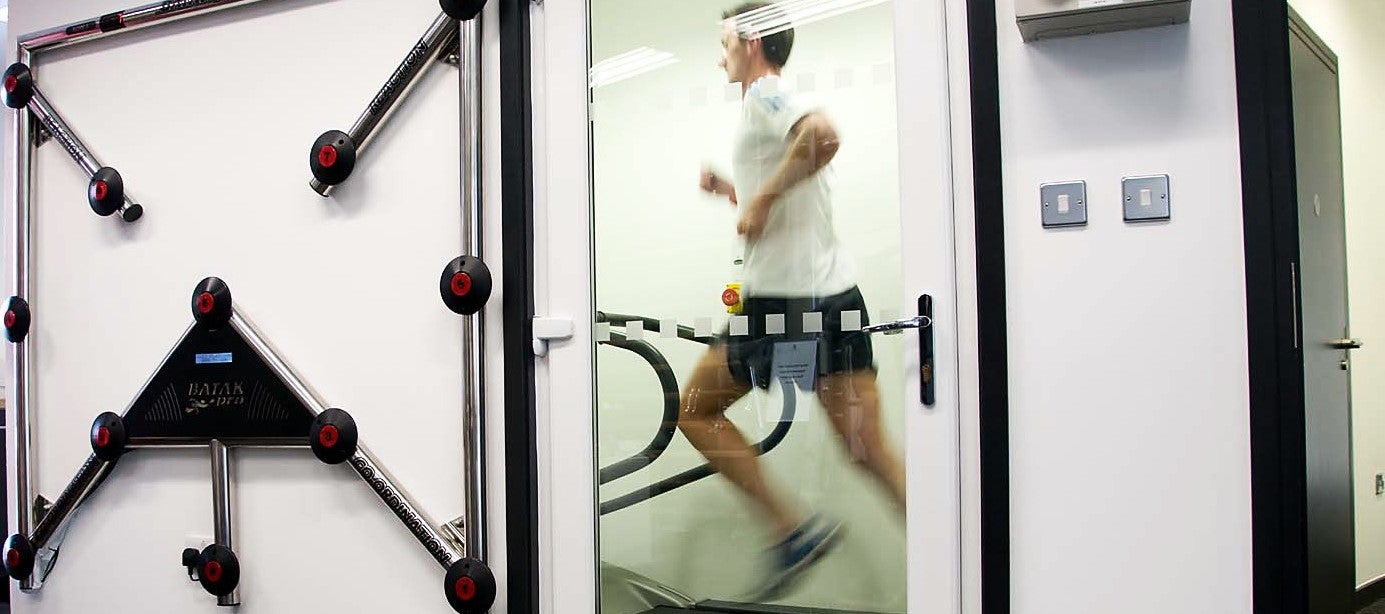Sports scientist says heat acclimatisation could give England advantage in Qatar
England will be exposed to temperatures in the mid-to-late 30s, just a week after playing in home autumnal conditions.

A leading sports scientist believes England can get an advantage over other teams at next year’s World Cup in Qatar with proper heat acclimatisation training.
The Three Lions, who booked their place at the tournament with a 10-0 win over San Marino on Monday, will be exposed to temperatures in the mid-to-late 30s, just a week after playing in home autumnal conditions in the Premier League.
How Gareth Southgate’s men adapt to that change could be crucial to how they perform in such hot conditions, and training in heat chambers before they travel could give them an edge.
Andy Blow, CEO of Precision Hydration, believes by preparing better than other countries, England could get a marginal gain.
“I’d be surprised with the amount of resource that’s behind these teams these days if they’ve not been looking into hydration or not been looking into heat acclimatisation, because actually those things aren’t excessively technical, and they’re not excessively expensive,” he told the PA news agency.
“But do I think there’ll be good practices applied universally? No. I think there’s still an opportunity for the more organised and the more disciplined teams to get more out of it.
“And I think anyone who goes into it a bit blasé, thinking that it’s not really as much of an issue, then they might get away with it, but they might get caught out. So I wouldn’t expect it to be a level playing field.
“I imagine that we need chambers at St. George’s Park doing sessions in there to try and get their bodies used to (it) – they’ve got a very big heat chamber there where they can put multiple people on the bikes or treadmills and prepare them.
“So I’d be very surprised if England are not actively pursuing a strategy like that.”
Even with that preparation, England and other northern hemisphere teams could still be at a disadvantage compared to opposition who regularly play in warm conditions.
That could mean the likes of Brazil Argentina and Spain could be primed to do well.
“I would say that if you come in from a hot country and go into it, even if it’s a bit hotter in the Middle East then you’re going to be at a slight advantage because you are just habitually used to playing in those conditions,” Blow added.
“And that’s both from a psychological point of view, but also physically, your physiology is getting tested in that.
“Every day, if you’ve been playing through windy and rainy conditions, that probably makes you tougher in a different way. And often we see players that come from hot places struggling in those conditions, they find the cold a problem.
“I do think it’s a slight advantage, though, if you are already prepared.”
There is plenty of controversy surrounding the decision to host the World Cup in Qatar, even before considering the conditions that players will have to play in.
And Blow, an expert in hydration, has reservations about the location.
“I would say from a physiological point of view, it’s not the best place to have it,” he said. “If you wanted to have it in an optimal place you’d want to have much more temperate conditions.
“But the forces behind football aren’t necessarily looking at it from that point of view.
“I mean, my argument would definitely be that there’s a duty of care to the players, and you want to put them in an environment where they can perform at their best.
“It is not clear yet how much influence the temperatures are going to have on the outcome of games.”
Bookmark popover
Removed from bookmarks